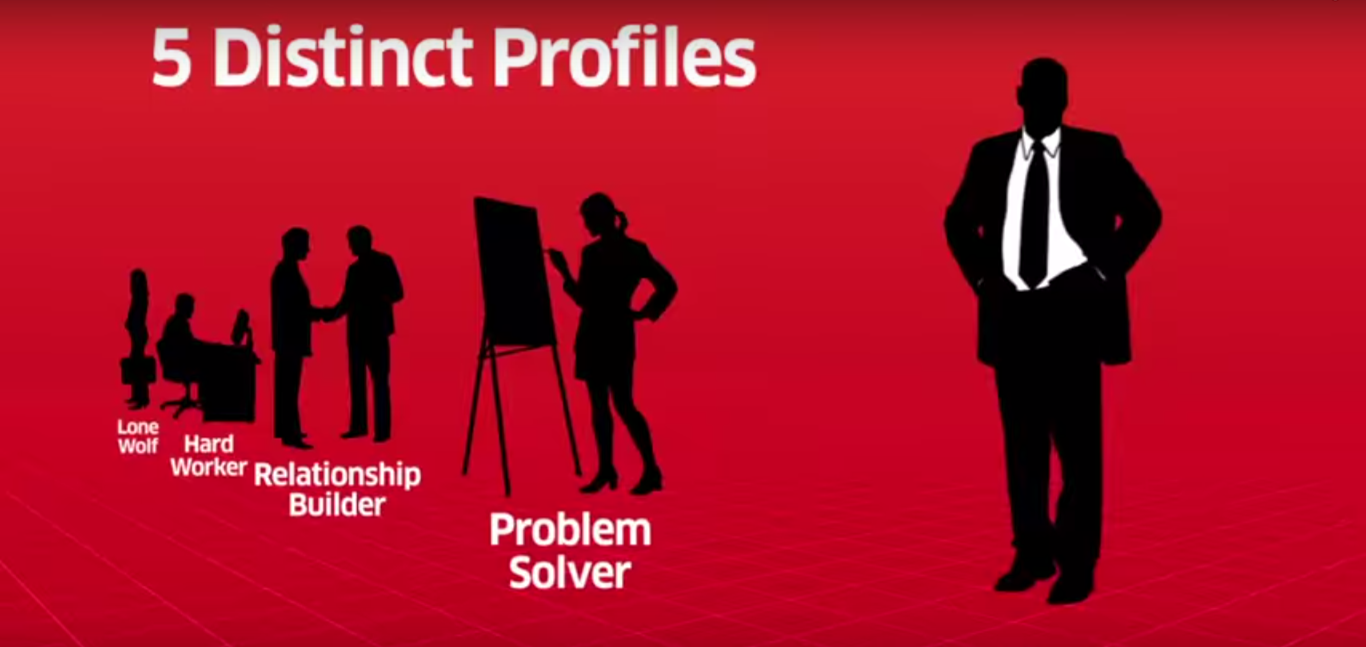We were privileged to spend another class with the successful Evan Addams. During this period, he discussed the well-known sales book entitled, The Challenger Sale by Matthew Dixon and Brent Adamson. This book is based off one of the largest studies ever performed in sales. Evan Addams was able to explain what this book is about and what we, as aspiring sales and business people, should take from it.
There are five profiles The Challenger Sale breaks down for us.
The Hard Worker
- doesn’t give up easily
- self-motivated
- interested in feedback & personal development
- shows up early, stays late, always willing to put in the extra effort
- makes more sales calls than anyone else on the team
The Lone Wolf
- follows instincts
- self-assured
- deliver results but difficult to manage
- deeply self-confident
- not loved by many, but they don’t care – they are on a mission
The Relationship Builder
- classic consultative rep
- builds advocates internally
- creates relationships with prospect
- generous with their time and ensures customer needs are met
- typically the most beloved by a client
The Problem Solver
- highly detail-oriented
- reliable responds to stakeholders
- ensures all problems are solved
- spend a lot of time in post-sales communication with a client to make sure implementation and partnership is satisfactory
The Challenger
- different view of the world
- loves to debate/pushes customer
- strong understanding of customer’s business
- have a deep understanding on a client’s business, with a habit of pushing the client to think differently about how to solve a problem
Based on these descriptions and the analysis of each, we learned that the “Challenger Approach” is correlated most with actual sales performance among high performers.

Some other pro-tips we were able to get from Evan Addams regarding this subject are as follows:
- Taking control is NOT synonymous with negotiating.
- Good negotiators take control of the closing; but challengers own the conversation from the start.
- A relationship builder says “yes” but a challenger says, “sure, but let me ask you this last confirmation before we agree to work together.”
After hearing about this new perspective, I am starting to think all of us can be challengers if we work toward it. Though right now I think I’d fit into the “relationship builder,” there are so many ways I can work toward being a challenger! What category do you fit in, and do you want to work to be a challenger too?
I would definitely say that I personally am a strong relationship builder. I would say I have some characteristics of a challenger, but overall I would love to be more of a challenger. I am not always a huge debater.
Very organized post! I thought that the idea of taking control at the start of the conversation instead of just the end was insightful. (One of those things that should be obvious, yet there are few people who know how to master it.) The Challenger can be a challenge to achieve, but in the end, if done right, can be an extremely competitive advantage.